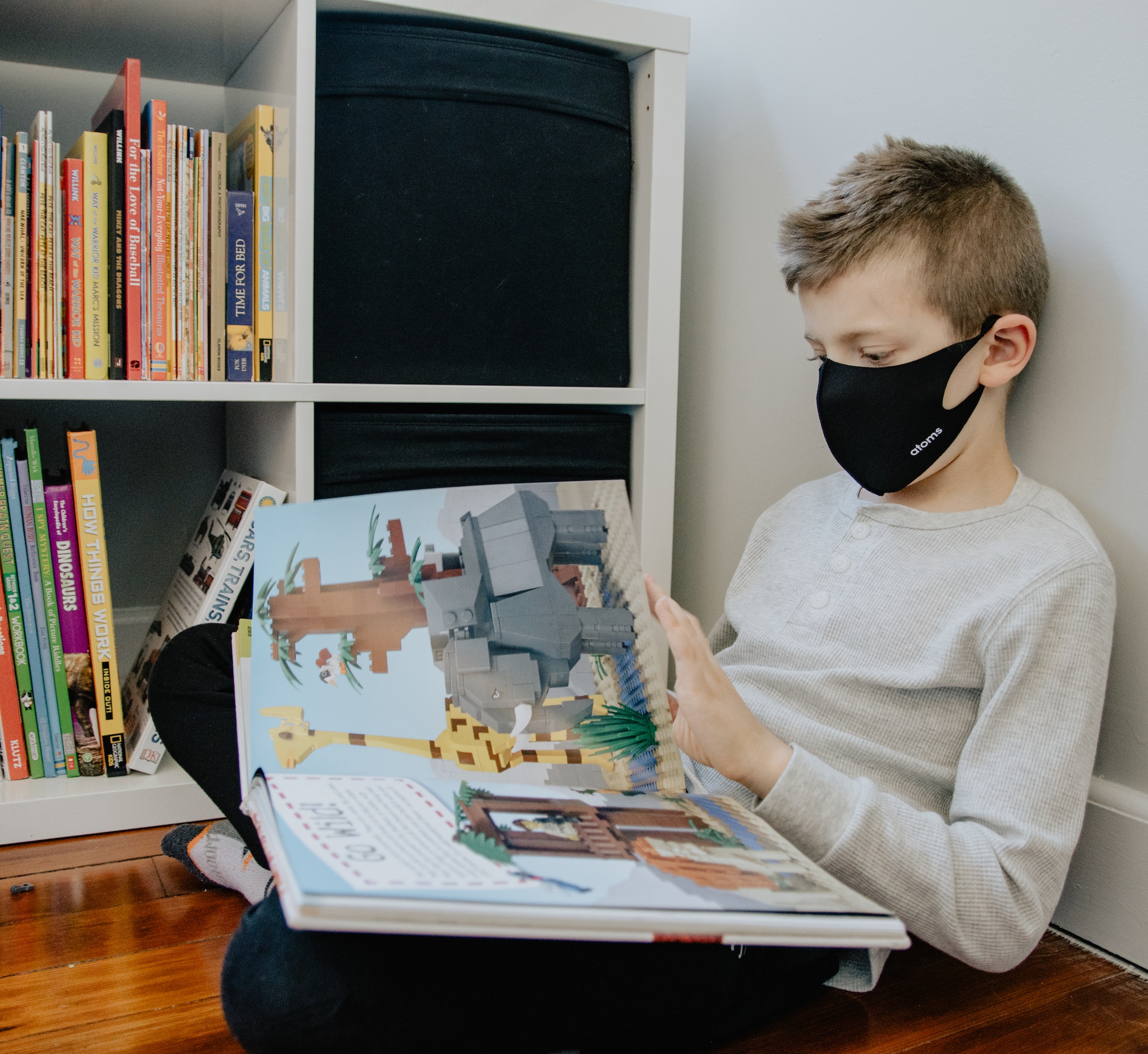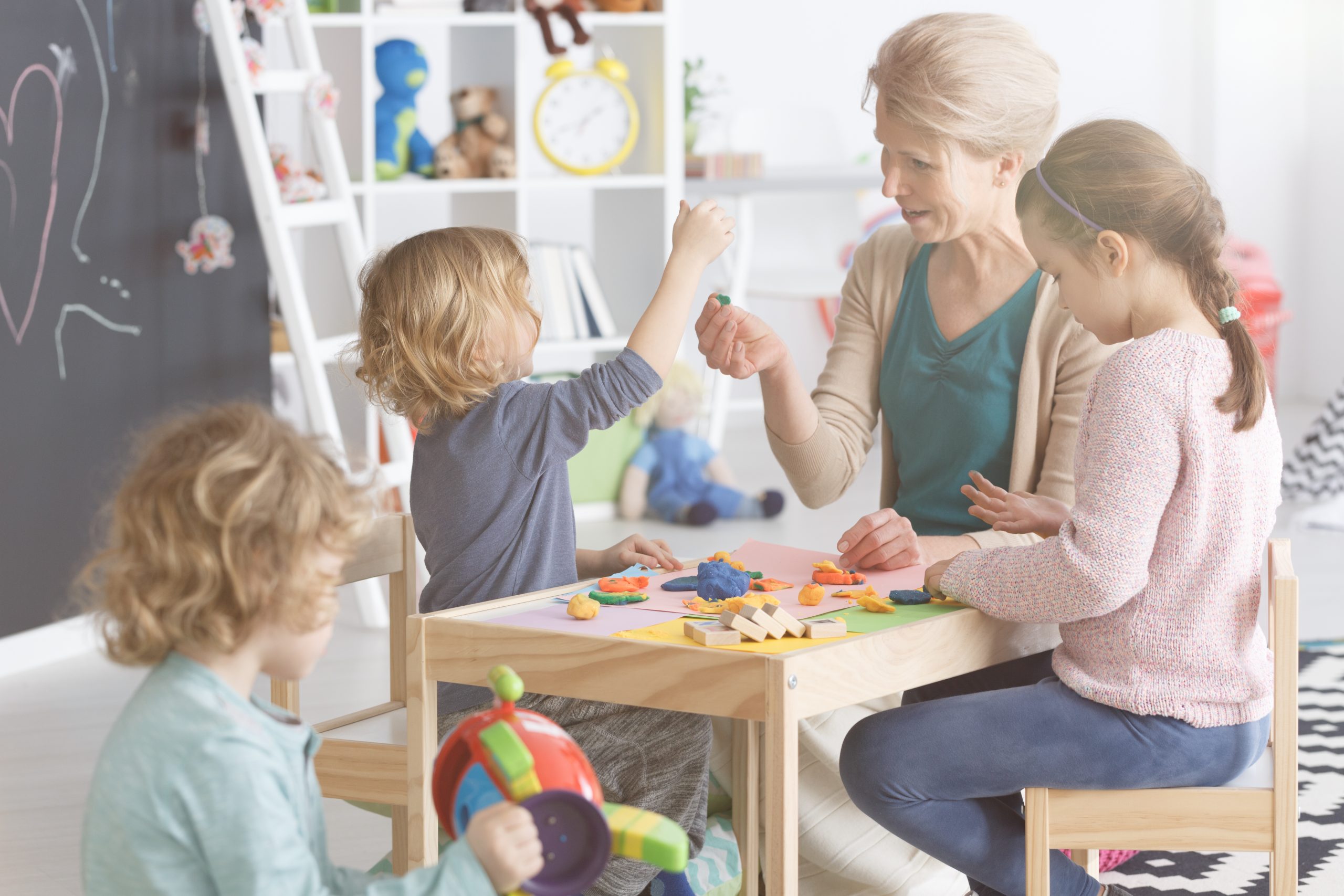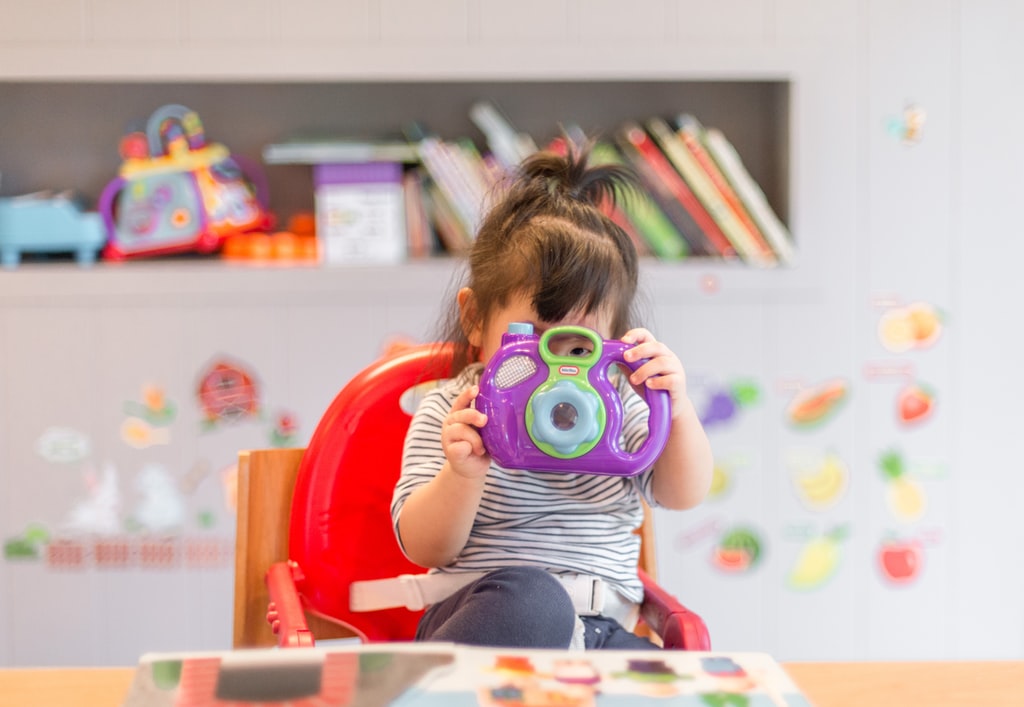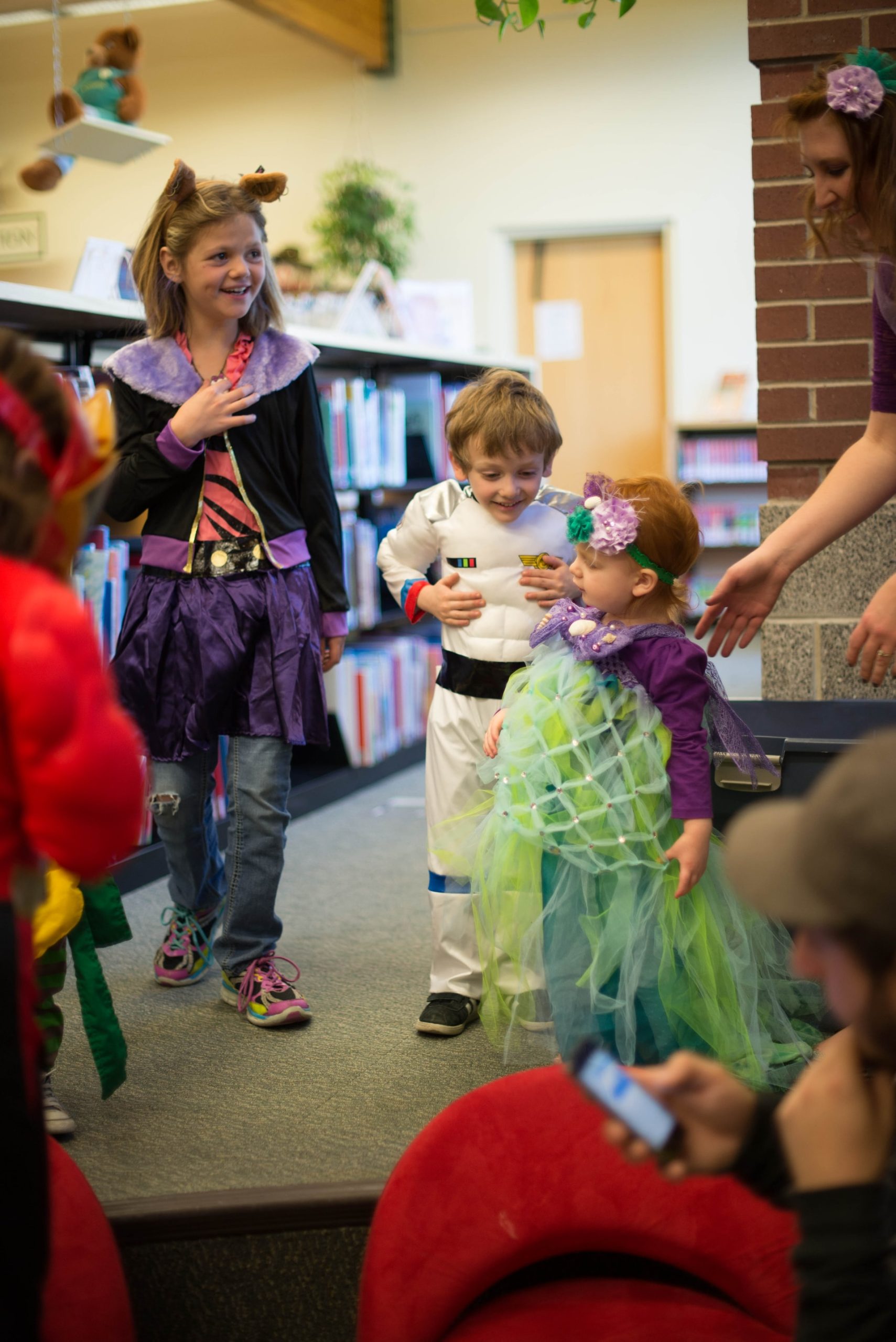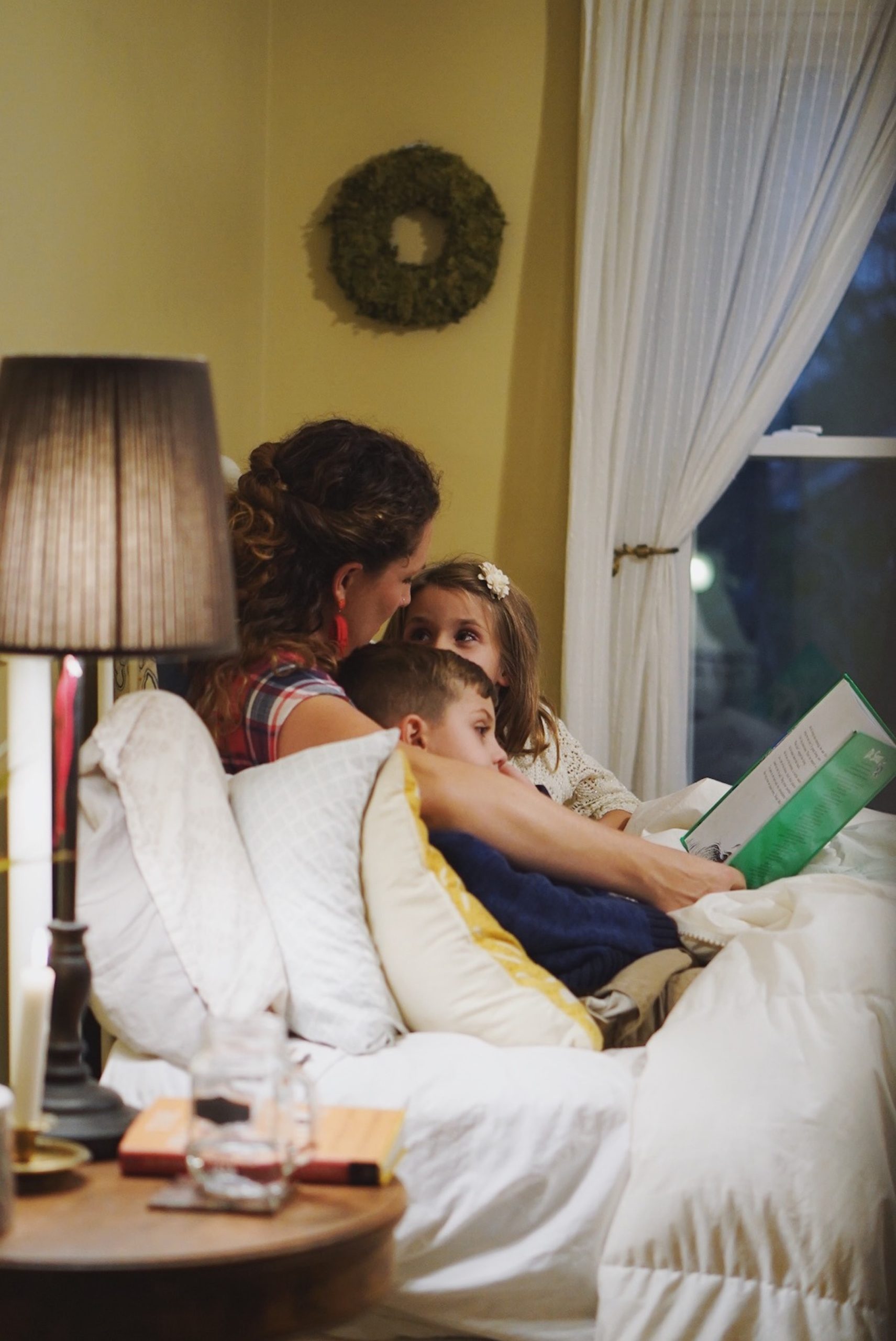Teaching your child independence from a young age is essential for them to grow up as freer individuals and more confident in their future actions. Part of this, of course, is encouraging the child to go to school, where they not only learn theoretical knowledge but develop socialization and better understand the value of friendships. However, there are “life” skills that are not learned in the classroom, and it is up to parents or other caregivers to pass on this knowledge, which goes far beyond knowing how to do math or pass tests.
With this in mind, and to help you create self-sufficient children, we have listed below a few habits that are easy to insert little by little into a child’s routine and that, over the years, will become good practices for the rest of their lives. So, without further ado, let’s dive into this blog and learn some of the things you need to teach your kids.
1. Make lists to organize simple daily tasks

Don’t underestimate the power of lists when it comes to organization! Besides being an easy step to understanding how your daily routine works as a mom or dad, the habit of listing routine tasks and small obligations is very beneficial for your child in the future.
Teach the little ones to list homework and daily appointments – English class, sports practice, appointments with friends – and gradually, you will notice that the practice will be automatic. Ah, if you want a functional aid, resort to stationery items, such as agendas, magnetic boards, planners, and calendars designed for children that, in addition to being practical, are usually very cute.
2. Making the bed and putting things away
Teach your child to make the bed and put it away, and make him responsible for this task when he is mature enough to understand the division of household tasks. Remember, encouraging your child to clean up his room is not about pressuring him to do it your way or at your pace: it’s better for him to have the basics of organization, even if they’re “imperfect,” than to reach adolescence without knowing how to fold a sheet.
Similarly, other habits that are part of the household routine can also become small tasks, such as putting away some clothes and putting toys back in their corresponding boxes after playing. This naturally makes them responsible for the well-being of the place where they live – today, their parents’ house; tomorrow, their own home.
3. Caring for a pet

Having a pet at home during childhood is another way that, believe me, allows your little one to develop certain skills that are not learned in school. To do this, however, it’s important that adults teach basic pet care, little by little.
Start with feeding, and let the child take responsibility for feeding the animal, even if only once a day. As the child grows, he or she will be able to walk the animal around the house, pick up poop and pee on the floor, and give it a bath…
This may seem trivial, but it helps develop a sense of responsibility, empathy, and concern for others.
4. Write letters
In addition to learning how to write, letter writing helps organize ideas, stimulates communication, and creates the habit of writing down what you’re feeling or thinking. So why not encourage your children to write letters or cards to friends and family?
Of course, it is possible to practice writing by e-mail, but writing by hand involves several complex mechanisms. The child has to be more focused, use memory to form the image of the letters in his or her mind, anticipate the size of the paper and work on motor coordination.
Not to mention that the child may even be learning at school how to mail a letter, but it doesn’t hurt to teach him or her such things as the zip code, the sender, the recipient, and the part of the envelope in which all of this information should appear. And all this with an added benefit: it helps the child memorize his address so that if he ever gets lost, he has a way to ask for help.
5. Managing pocket money
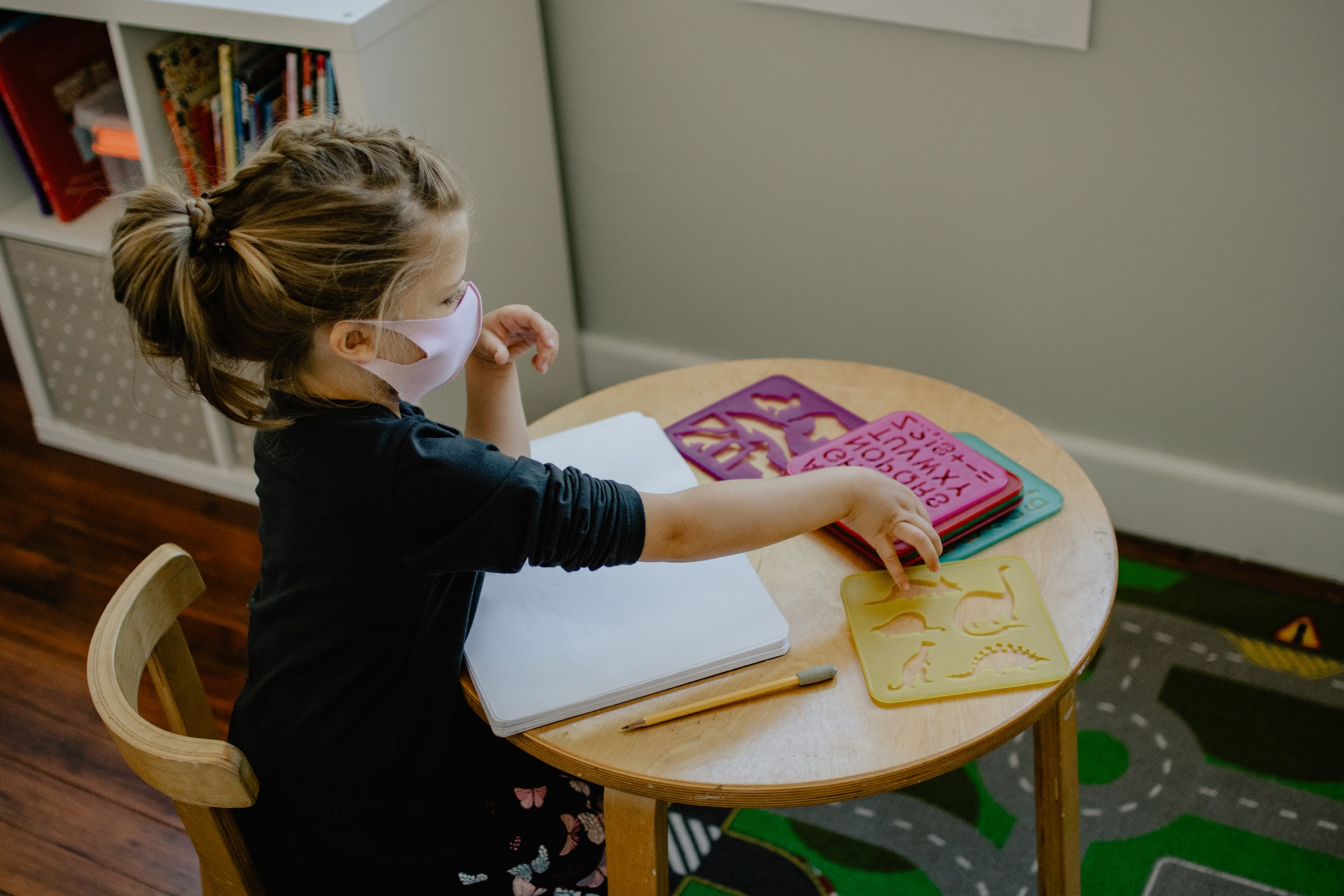
If you can afford and intend to give your child pocket money, it is important to talk to them about the value of money. Show them that spending should be done responsibly, that this amount will be provided from time to time (and tends to increase gradually), and that it’s important to save a little so they can buy something they really want.
Over time, teach them the basics that will help them with their spending money and introduce other financial basics- which can be made even more understandable through resources like board games and children’s books. This way, they grow up with a sense of spending and tend to be less overwhelmed by their bills in the future.
Sound off in the comments section below, and tell us what you want to read next and if you want to read more about kids.

